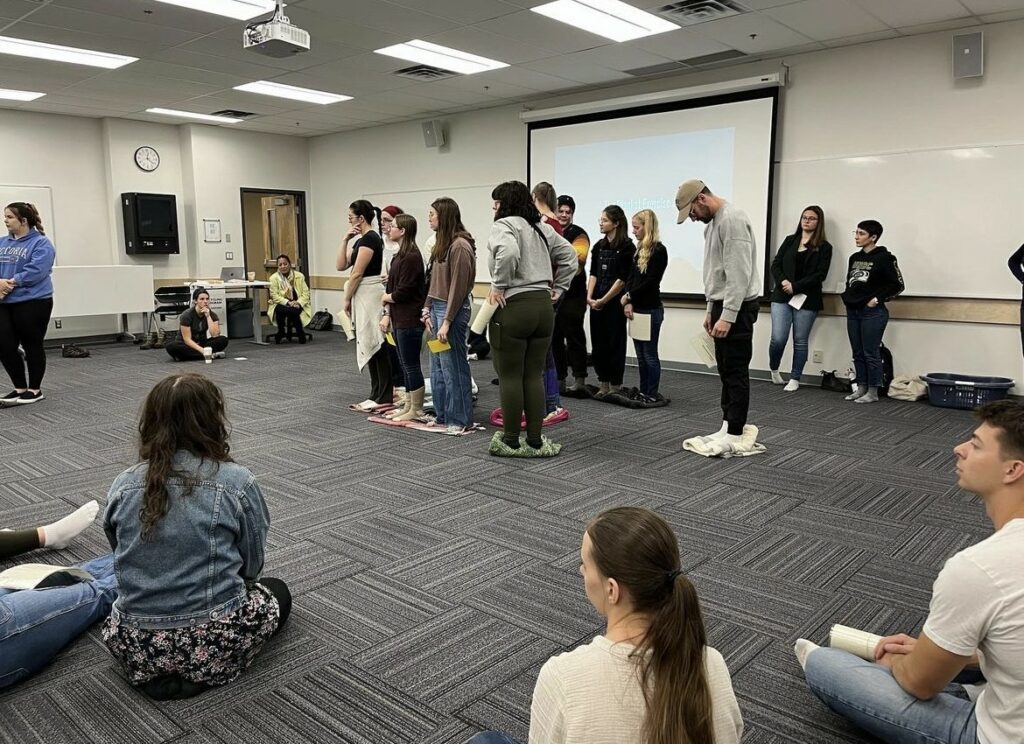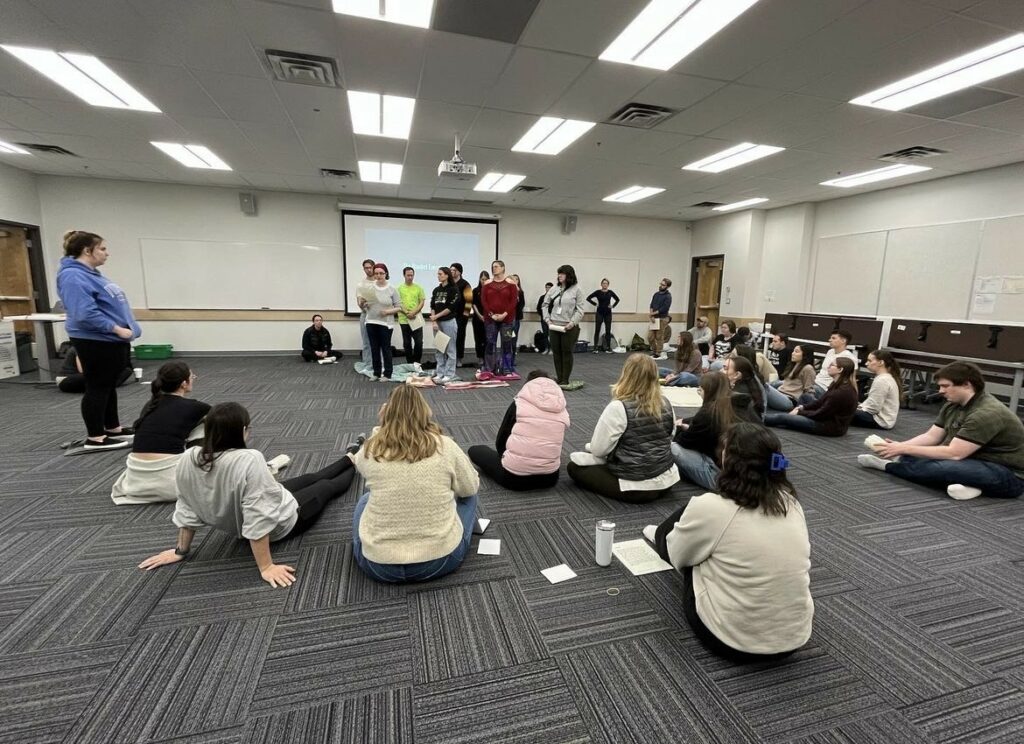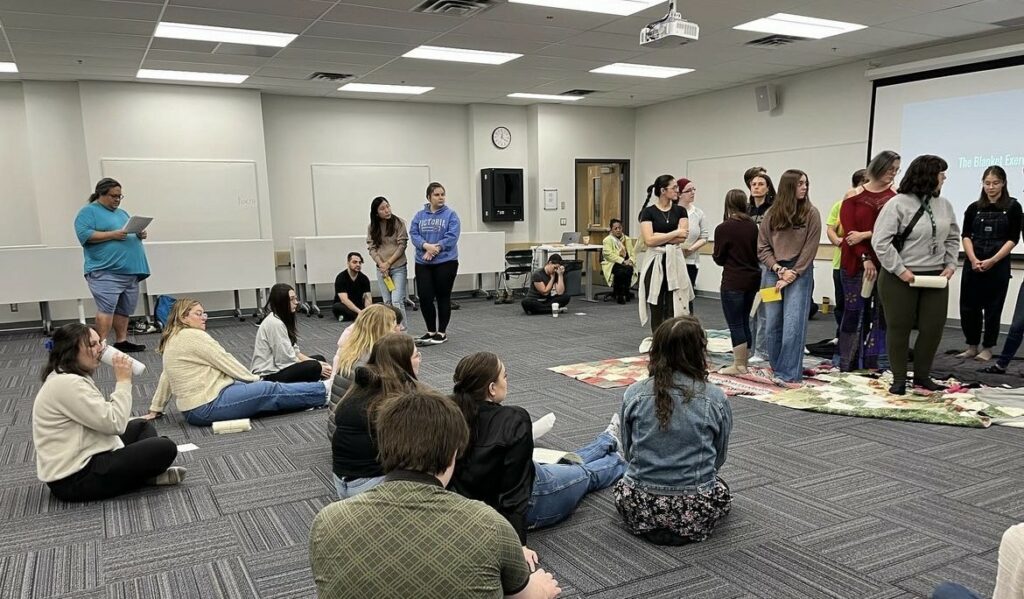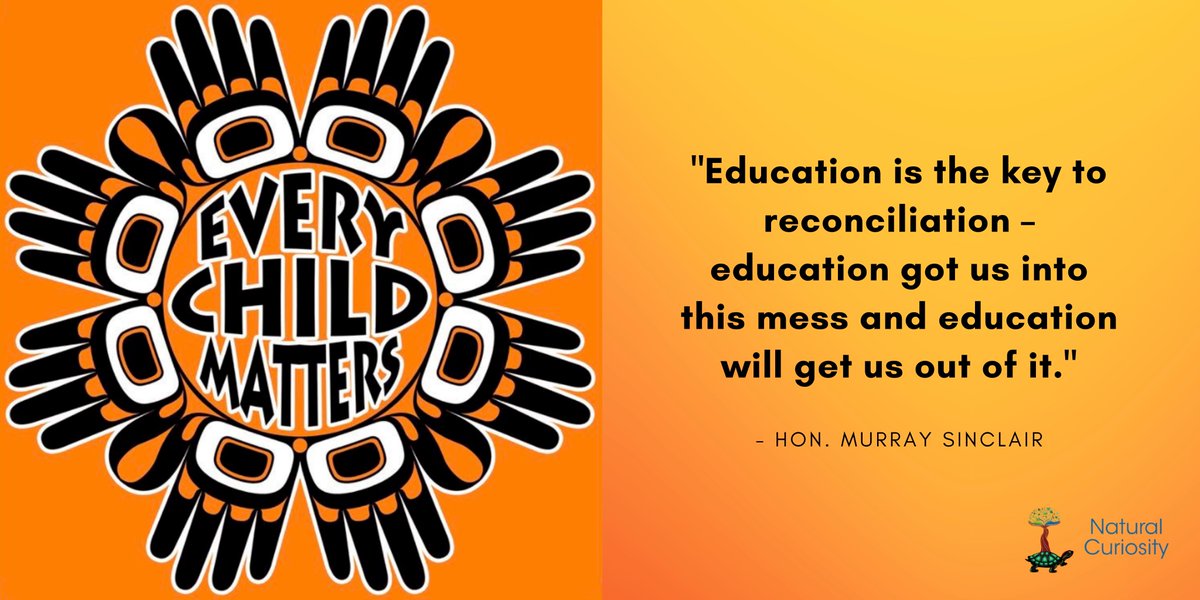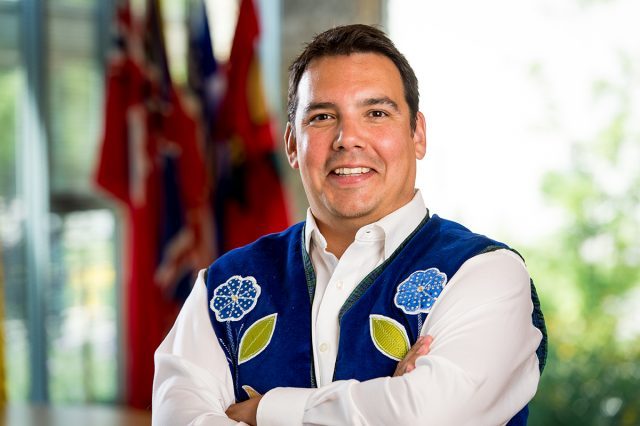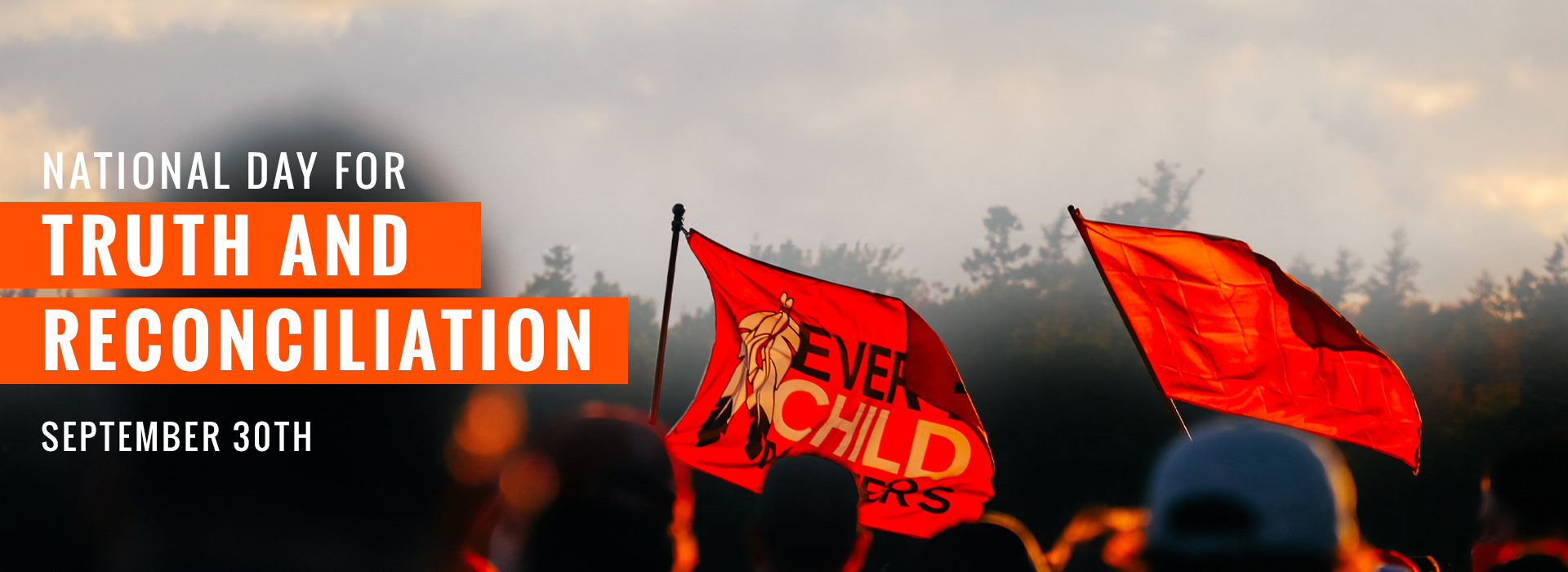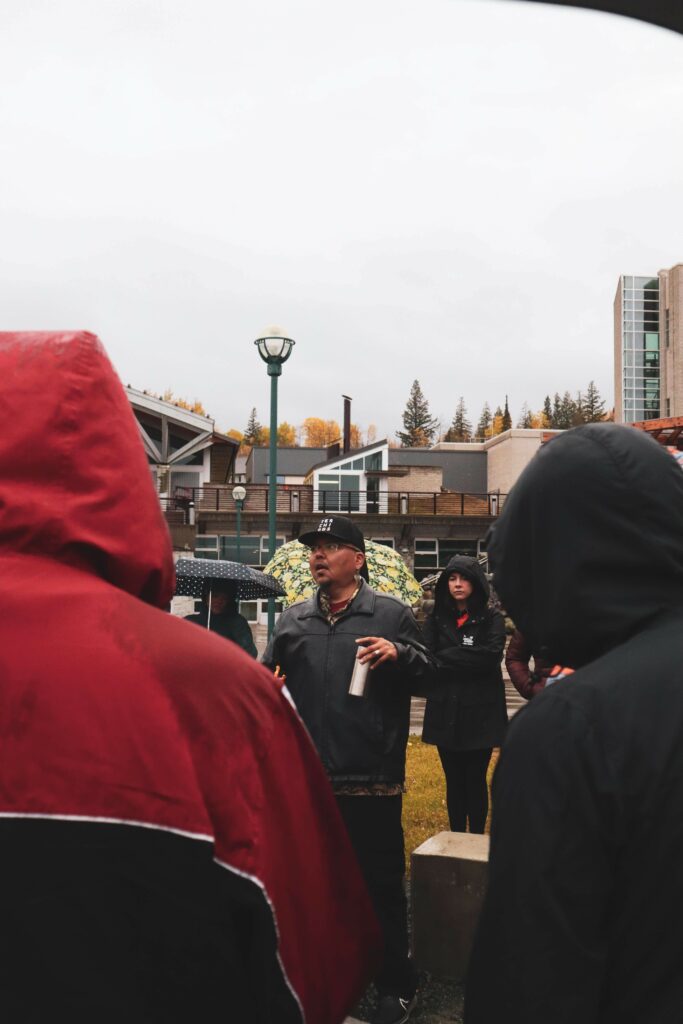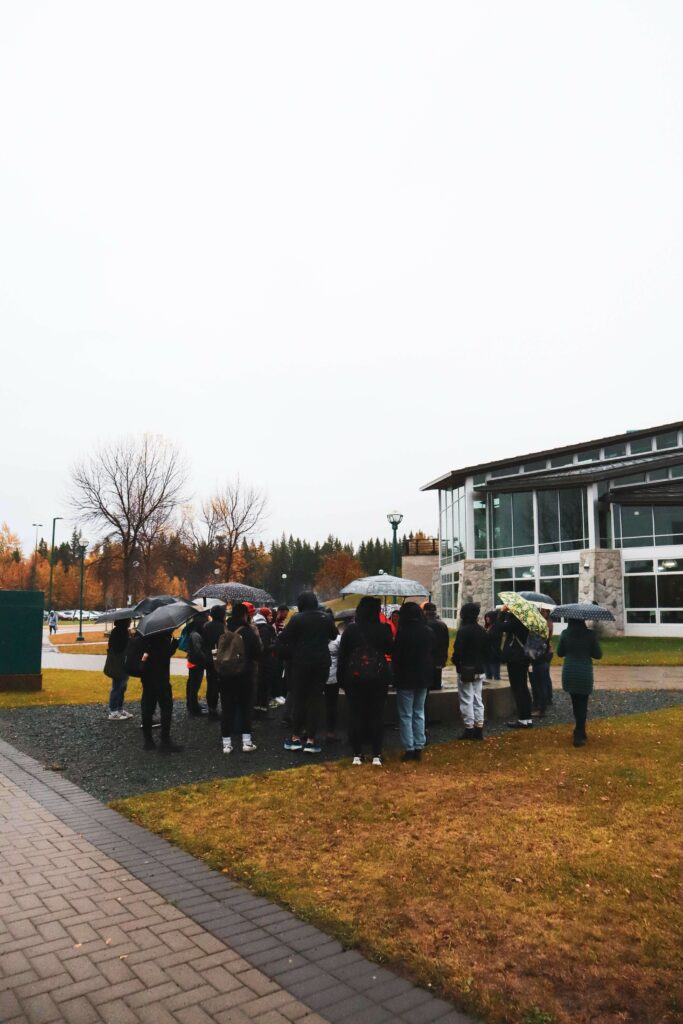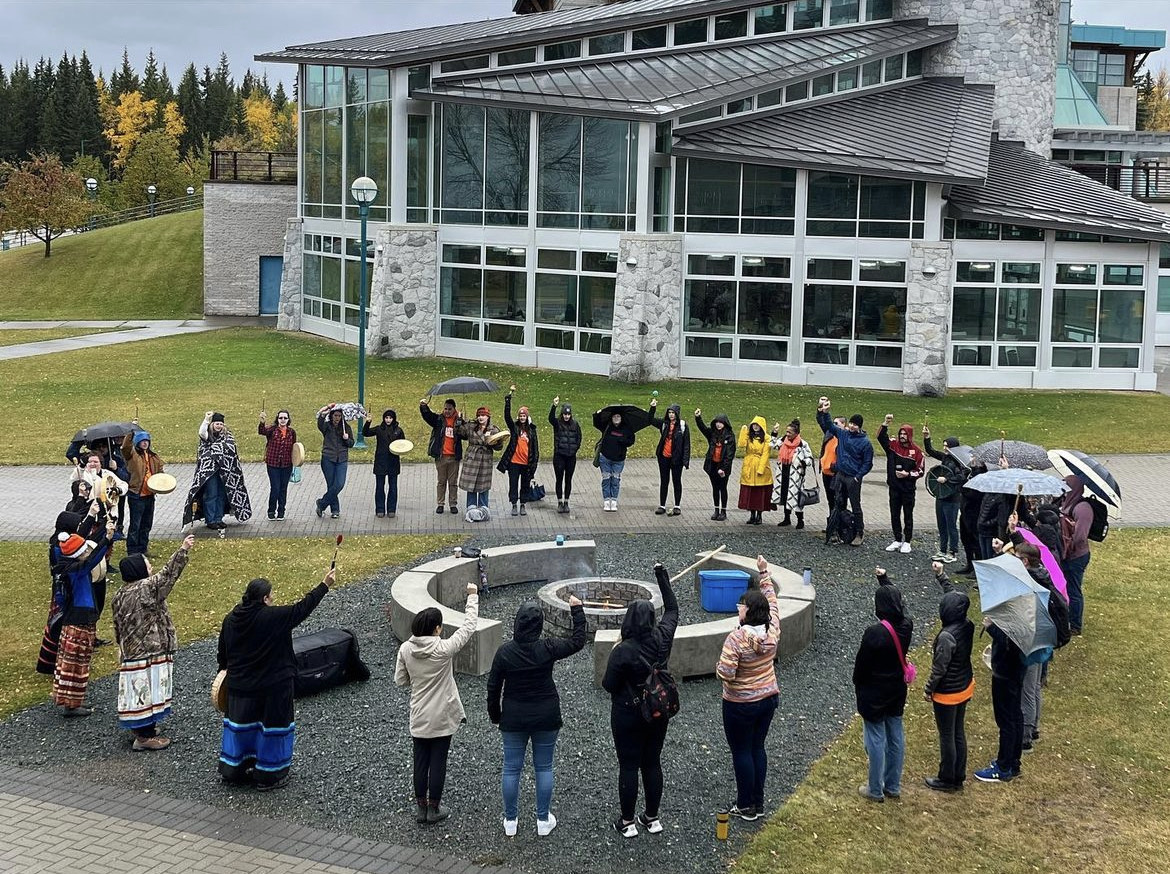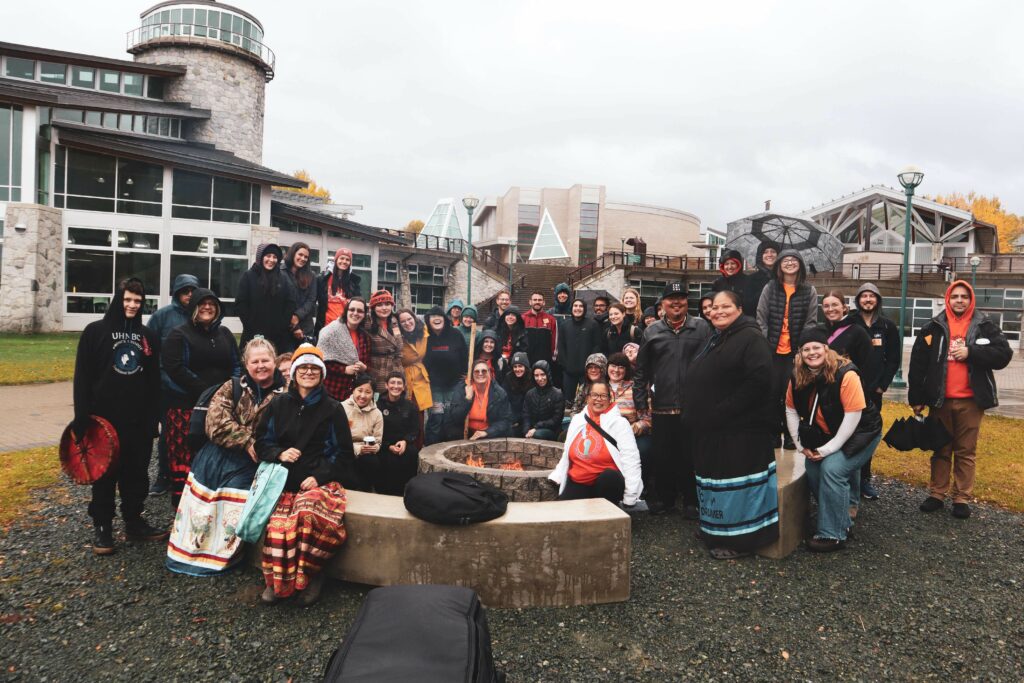Watching Dr. Niigaan Sinclair’s keynote speech was powerful and eye opening. The connection he made to the fire ceremony made so much sense. The fire ceremony takes young men and teaches them how to make a fire. Dividing up tasks to help keep the fire going. Every task requires someone to be diligent and committed. It creates community. It shows that you have to take a ownership in what you are doing, no one is going to do it for you. Just like in education we have to understand that the role of teacher is not all knowing. We should encourage our students to take ownership and responsibility of their learning and question why am I learning this?
What stood out to me was how the colonial education system teaches students how to be competitive within ourselves and our peers. What kind of grades do you get?, can you pass this test?, are you ready to participate in society and work? and how individual are you without being an individual? Growing up through colonial education system it made me look back and go that makes sense now. For example they used to have provincial exams in a few major courses, english, math, and science. Yet, what these tests never shown was how we might succeed in other courses outside these tests. They got rid of these tests a couple years after I graduated but I remember the pressure to take these tests and how it was more memorization than learning. We put pressure and focus on things that don’t make us better people and learners. Teachers then were talking to me about how important these tests are but then they took them away. So how important were they really? Dr. Sinclair connects these colonial aspects back to Indigenous ways of learning and challenging them with the ideas of teaching someone how to be a good person instead. Generosity, kindness, how can we make everyone fit in and out? and asking the question who am I? and where am I going?
Dr. Sinclair also talks about how you can teach a unit in class or mention equality but outside of class if they’re not exposed to it, it doesn’t matter. How is someone supposed to take seriously what they learn if they don’t see it or hear it in their everyday lives? Making the way we talk, visuals we use and how we conduct themselves is important. Indigenous culture, ways of learning etc should not just stop in the unit or the classroom.
Overall, the main idea that is still with me today is when Dr. Sinclair said “reconciliation will never be a lesson plan.” Which is so powerful and true. We can’t magically make reconciliation happen in one lesson or one unit. It takes time and it takes every aspect of our lives. We can’t talk about reconciliation in class then walk out talking and acting the oppisite. With the power of social media and the rest of the internet, we need to be careful of what we do.
There is only so much we can do as educators but what we can do is a small start. We have the power to start the conversation. We can start the change.
